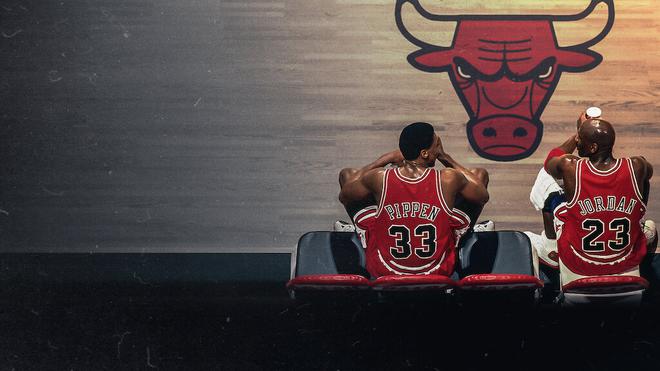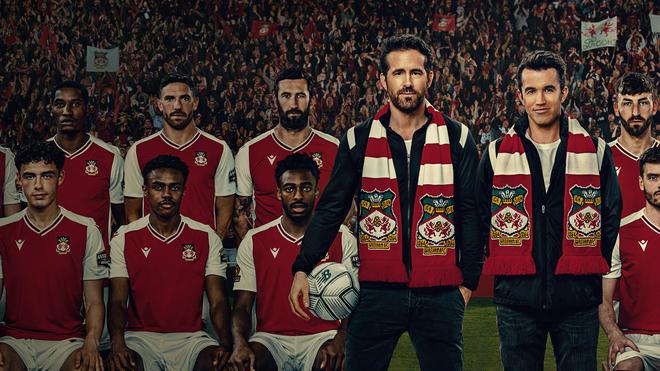In the summer of 2014, an amateur cyclist living in Boulder, Colorado decided to race in the Haute Route Alps, an 800km cycling event from Megève to Nice spanning seven days. Bryan Fogel looked up to cyclists like Greg LeMond and Lance Armstrong all his life and wished to emulate their grit, performance and athleticism. However, when Lance admitted to doping in 2013, Bryan felt the need to follow in his footsteps, document his journey and expose the loopholes in drug testing programs to the world.
His Academy-Award-winning documentary Icarus starts out as an absurdist comedy with close-ups of the filmmaker injecting banned substances in his buttcheeks as the head of Russia’s doping agency, Grigory Rodchenkov supervises him through video calls. The duo soon become friends and halfway through the documentary, Grigory blows the whistle on Russia’s doping program revealing the role of the Russian government in assisting its athletes to dope during the Sochi Winter Olympics.
What began as Bryan’s strange passion project morphs into a political battleground; Rodchenkov is flown down to the U.S. for his safety and put under a witness protection program as Russian athletes are stripped of their medals and their country banished from the world sporting stage. Icarus helped change the perception of sports documentaries for a large audience and introduced them to the malleability of the medium. While sports documentaries have always been around, Icarus’ Oscar-win would propel them into the spotlight and the consequent pandemic would mould them to suit the palette of a young demographic.
Changing consumption patterns
When the world came to a halt in March of 2020, sports matches across the world got cancelled, stadiums turned into quarantine shelters and audiences’ interaction with live sports went for a toss. As people turned to streaming platforms to keep them company, Netflix’s The Last Dance, a docu-series chronicling Michael Jordan’s career at the Chicago Bulls using archival footage from the 1997-98 season, would introduce them to a new way of consuming sports — through episodes featuring talking heads, access to elite athletes, and archival footage that takes a life of its own on-screen and serves as the key storytelling device. The docu-series familiarised the youth with the sport while letting the veteran fans revel in the memories of the glorious victories. The career trajectories of Michael, Scottie Pippen and Dennis Rodman worked as inspiration and a welcome distraction during the lockdown.

This ignited a spark in the field of sports documentaries that shows like Drive to Survive would nurture. The five-season-long series would take the audiences into the paddocks of Formula One, which until recently prided itself in its secrecy and reward them with access to the biggest names in the sport. While understanding a technical sport like Formula One might seem like an arduous race with no chequered flag in sight, the docu-series serves as a convenient vehicle for introducing the uninitiated to the sport with the help of interviews with drivers, team principals and seasoned F1 journalists.
The show also served as a brand-building exercise for Formula One — not only has the sport made a younger demographic take interest in it but it also made headway into countries that otherwise did not pay heed to it, like the U.S.
To chart out their legacy
Documentaries started being perceived as a decent marketing strategy with multiple sports organisations, teams and personalities approaching streaming platforms to pursue deals to dedicate a documentary to their sport.
This model has been replicated with Tennis bagging Break Point that released on Netflix this year while golf was made the protagonist in Full Swing. Sports teams have resorted to documentaries to spell out their history to the world, as was the case when actors Rob McElhenney and Ryan Reynolds featured in Welcome to Wrexham where they learnt to run the third oldest professional football club in the world. Meanwhile, two seasons of Amazon Prime’s The Test is all about the Australian cricket team’s path to redemption.

Most of these documentaries are in the form of a docu-series, a medium that is unique to streaming services. While it is unfathomable to compress the history of any sport into ninety minutes, these docu-series provide creators with the freedom to thoroughly explore the subject matter without compromising on certain plot points.
Sports and storytelling
Spectator sports has served for many as a confrontation with their selves and it promises a cure for social inequality to people at large. The legends of Muhammad Ali, Diego Maradona and Tiger Woods are full of cliches, from charting a rags-to-riches story where underdogs reign supreme to affirming that an individual has the power to shape his destiny. Documentaries serve as an adept vehicle to narrate them in a manner where the emotions and cliches are not muddied with a fictional screenplay.
Sports documentaries spread their influence outside the playground — from Naomi Osaka’s eponymous documentary that delves into the player’s cultural roots and her mental health to politics that signal doom to an entire sport as seen in Netflix’s FIFA Uncovered.
Some might allege that the documentaries are impacting real-time sporting decisions: former race director Michael Masi’s last lap call in the 2021 Abu Dhabi Grand Prix is one such example when some F1 drivers alleged that he prioritised drama to entertain the audience instead of sticking to the rule book.
While sport has always been integral to fictional filmmaking, the boom in sports documentaries is dictating the choices of filmmakers, an example of which is Taika Waititi’s upcoming feature Next Goal Wins, which was inspired by a 2014 documentary of the same name.
It can be argued that with the increased enmeshment of live sports, documentaries, and documentary-inspired films, filmmakers might chance upon new storytelling devices and broadcast strategies to provide a better picture of the sport and advance storytelling on the screen.







